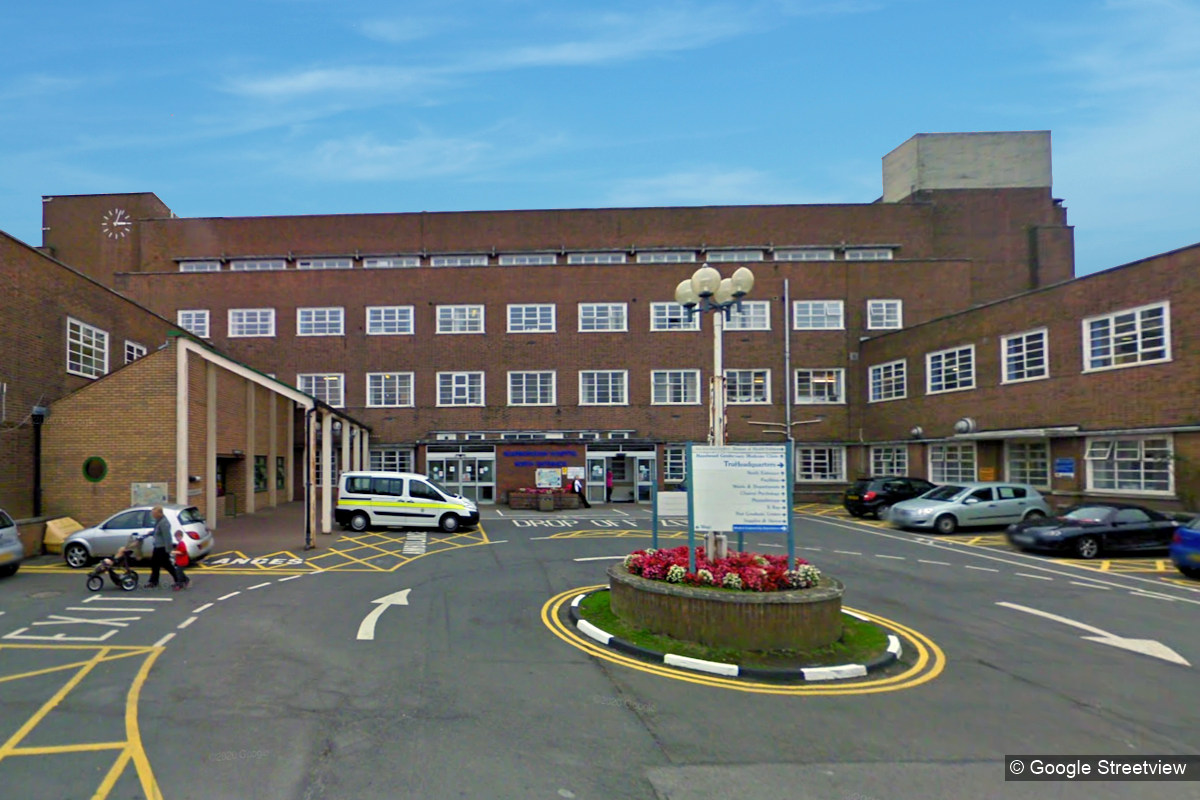
Last year, the UK’s median annual full-time wage rose by 5.8 per cent, to £34,963. The median weekly salary climbed by 6.2 per cent, to £681. But there are regional disparities.
In East Riding, the median annual salary of full-time workers is £31,342 a year, with an almost £7,000 gender pay gap between the median salary of a woman and a man.
The median is the middle number/s of a data set, and not all divided to calculate the average. It can be more instructive, particularly when especially high or low figures skew an average.
Discounting the City of London banking district, workers living in the London borough of Tower Hamlets earn the most money. The median annual pay in Tower Hamlets is £61,984. In Oadby and Wigston, Leicestershire, workers take home a median wage of just £24,337 annually, or £470 per week, the lowest in the UK.
The median annual wage ONS data comes from the Annual Survey of Hours and Earnings, based on a one per cent sample of full-time jobs taken from HM Revenue and Customs’ Pay As You Earn (PAYE) records. And the TUC’s salary analysis is based on the Annual Survey of Hours and Earnings, from 1997 to 2023.
TUC analysis found wages are worth less now than they were in 2008 in 212 out of 340 UK local authorities.
TUC general secretary Liz Blackshaw said:
“Hard work should pay for everyone. But working people in North Lincolnshire are still worse off than in 2008.”
“Our next government must invest in UK industry to get our economy growing again. And we need a new deal for working people, to deliver better pay and more secure jobs. When working people get a fair share of the wealth they create, they spend more in local businesses and services, benefitting the whole community.”
Going into the general election, the Labour Party committed to change the Low Pay Commission’s remit, the body that guides changes in the minimum wage. As well as median wages and economic conditions, Labour want the minimum wage for the first time to reflect the need for pay to take into account the cost of living.
The Conservatives did not have plans to change the framework within which the minimum wage is set, but committed to keeping the national living wage in each year of the next parliament at two-thirds of median earnings. The Greens wanted a £15-an-hour minimum wage, regardless of age.
The Liberal Democrats campaigned to scrap the lower apprentice minimum wage and align sick pay with the minimum wage. UK sick pay rates are notoriously less generous compared to international comparisons.
Reform, meanwhile, made a flagship pledge to raise the personal allowance before having to pay income tax to £20,000, from £12,500.




 Government Passes Burniston Gas Rig Decision Back to North Yorkshire Council
Government Passes Burniston Gas Rig Decision Back to North Yorkshire Council
 Scarborough Athletic Football Pitch Repairs Progressing
Scarborough Athletic Football Pitch Repairs Progressing
 Investigation Confirms Human Activity Caused Devastating Fylingdales Moor Wildfire
Investigation Confirms Human Activity Caused Devastating Fylingdales Moor Wildfire
 MP Calls for Wild Camping Ban After Cause of Fylingdales Moor Blaze Revealed
MP Calls for Wild Camping Ban After Cause of Fylingdales Moor Blaze Revealed
 Four North Yorkshire MPs Brand Proposed Visitor Levy a “Tax on Family Holidays”
Four North Yorkshire MPs Brand Proposed Visitor Levy a “Tax on Family Holidays”
 Investment Boost for Whitby’s Woodsmith Mine Welcomed by Local MP
Investment Boost for Whitby’s Woodsmith Mine Welcomed by Local MP
 Yorkshire Coast MP Welcomes Local Renewable Energy Projects
Yorkshire Coast MP Welcomes Local Renewable Energy Projects
 Investigation Concludes Campfire as Likely Cause of Fylingdales Moor Wildfire
Investigation Concludes Campfire as Likely Cause of Fylingdales Moor Wildfire
 Finances at Scarborough Hospital ‘Very Challenging’
Finances at Scarborough Hospital ‘Very Challenging’
 Scarborough Phone Box up for Adoption
Scarborough Phone Box up for Adoption
 £100,000 Coastal Erosion Plan Near Scarborough Sea Life Centre
£100,000 Coastal Erosion Plan Near Scarborough Sea Life Centre
 Whitby RNLI Issue Advice for Walkers After Mud Rescue
Whitby RNLI Issue Advice for Walkers After Mud Rescue









Comments
Add a comment